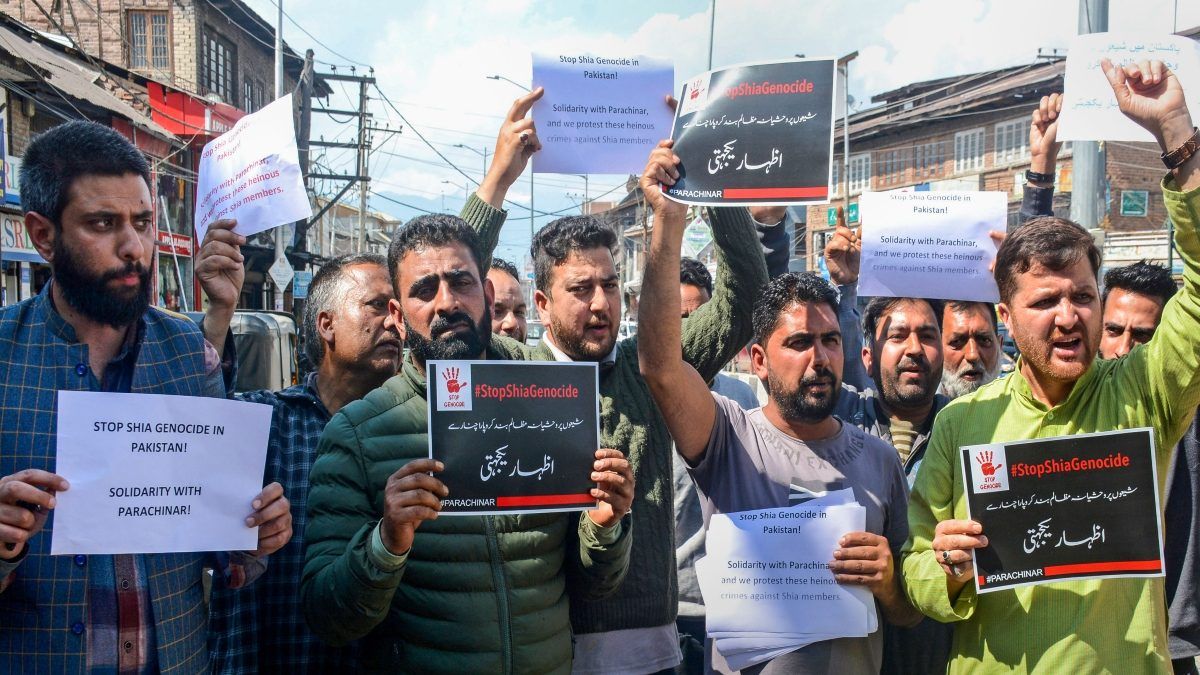Title: Two Nations, Two Fates: The Stark Contrast Between Indian And Pakistani Shias

A Devastating Reality Unfolds in Pakistan as Sectarian Violence Targets the Shia Community
In a recent Geo News report, "Death toll reaches 50 citizens," a grim reminder of the ongoing violence against the Shia community in Pakistan was revealed. As Muhammad Ali Jinnah, the founder of Pakistan, was himself a Shia, it is astonishing to see his country become one of the most hazardous nations for this minority group.
The images of distraught families and blood-stained streets are not isolated incidents but part of a larger story of intolerance and hatred that has pervaded Pakistan for many years. For the author of this piece, an Indian Shia, the horror of these events is both personal and political.
While in Pakistan, Shia processions can be targeted by suicide bombers during Muharram, a stark contrast to India where they are allowed to take place without fear of violence. The Hussaini Brahmins, who blend Hindu and Shia traditions, are also free to practice their faith without repressive laws that target this minority group.
Despite the government's promises, little has been done to reform blasphemy laws or tackle extremist ideologies that perpetuate sectarianism in Pakistan. More than 100 Shias have faced blasphemy accusations since 2014, with several facing mob violence before legal proceedings could begin.
As Asma Jahangir pointed out, blasphemy laws are more social problems that foster intolerance than they are legal ones. The government must reform these laws and take strong action against extremist groups who use them as tools of terror.
For the international community, turning a blind eye to this crisis is unacceptable. Advocacy for Shia rights, amplifying their voices, and holding Pakistan accountable are essential to ensure justice and equality.
Tehmeena Rizvi, a senior fellow at Bluekraft Digital Foundation, writes about the devastating consequences faced by Pakistan's Shias due to sectarian violence. In her article, she highlights the need to recognize Shia contributions to Pakistani society, protect their lives, and reform the blasphemy laws that perpetuate hatred.
This crisis is a stark reminder of Pakistan's failed commitment to protecting its citizens' rights and promoting social justice for all. As the founder's vision suggests, an inclusive Pakistan can work towards harmony between citizens of different faiths living together in dignity and equality.
